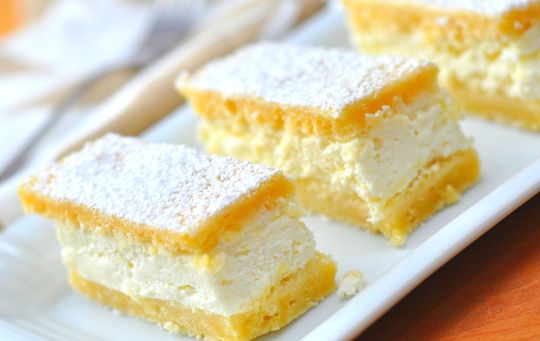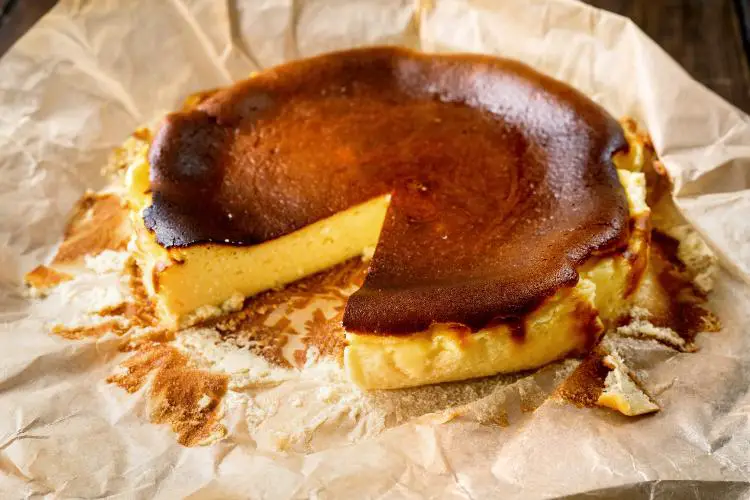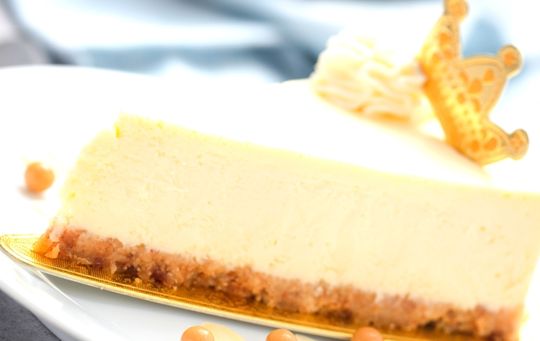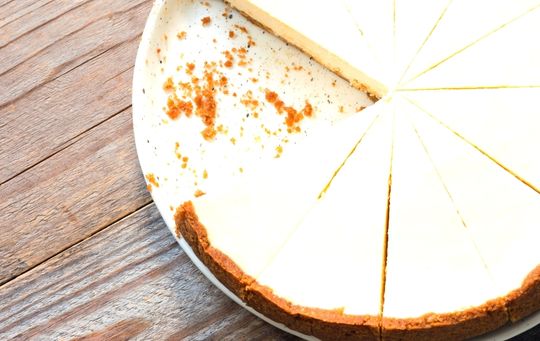Cheesecake is a beloved dessert that is enjoyed by many people around the world. While it is typically made with ingredients like cream cheese, sugar, eggs, and vanilla extract, one ingredient that is often added to cheesecake recipes is lemon.
Why Do You Put Lemon in Cheesecake? Lemon is added to cheesecake to enhance its flavor profile. The citrusy notes from lemon zest or juice provide a pleasing contrast to the richness of the cheesecake, creating a more dynamic taste. Additionally, lemon’s acidity helps balance the sweetness and adds a refreshing quality to the dessert.
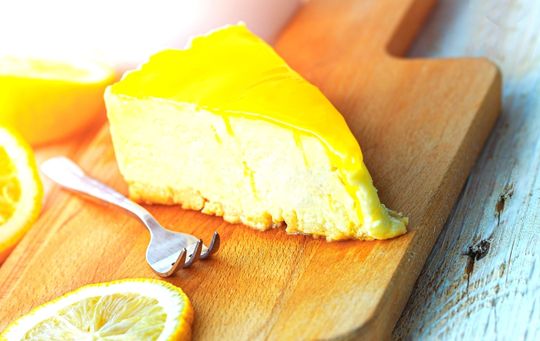
Why do you put lemon in cheesecake – Explained
Lemon enriches the flavour profile of cheesecake and imparts a tart, refreshing flavour.
Also, the acidity of the lemon helps to balance the richness of the cheesecake, resulting in a more satisfying dessert.
In addition, the lemon juice acts as a natural thickening, preventing the cheesecake from breaking and helping it to set. Overall, adding lemon to cheesecake is a tasty and practical approach to enhance this classic treat.
Adding Acid to Balance Flavors
Why do you put lemon in cheesecake? One reason why lemon is often added to cheesecake is to balance out the flavors of the other ingredients.
Cheesecake can be quite rich and creamy, with a strong flavor from the cream cheese.
The addition of lemon helps to cut through some of this richness and add a bit of acidity to the dessert. This can help to make the cheesecake taste more refreshing and light, rather than heavy and cloying.
In addition to balancing out the flavors, the acidity in the lemon can also help to enhance the flavors of other ingredients in the cheesecake.
For example, the acidity can bring out the sweetness of the sugar, making it taste even more pronounced.
It can also help to highlight the flavors of any other fruit or extracts that are added to the cheesecake, such as blueberries or raspberry extract.
Adding Moisture to the Cheesecake
Another reason why lemon is often added to cheesecake is to help add moisture to the final product.
This is especially useful when making cheesecakes that are baked in a springform pan, as the sides of the cheesecake can sometimes become dry and overcooked.
The moisture in the lemon can help to prevent the cheesecake from becoming too dry and crumbly, and can also help to keep it from cracking on the top.
By adding just a small amount of lemon to the cheesecake mixture, you can help to ensure that your dessert comes out moist and creamy, rather than dry and crumbly.
Enhancing the Aroma and Flavor of the Cheesecake
Another reason why lemon is often added to cheesecake is to enhance the aroma and flavor of the final product.
The bright and citrusy flavor of lemon can add an extra layer of complexity to the cheesecake, making it taste even more delicious.
In addition to the flavor, the aroma of the lemon can also contribute to the overall enjoyment of the cheesecake.
The fresh and zesty scent of the lemon can help to awaken the senses and make the cheesecake even more appealing.
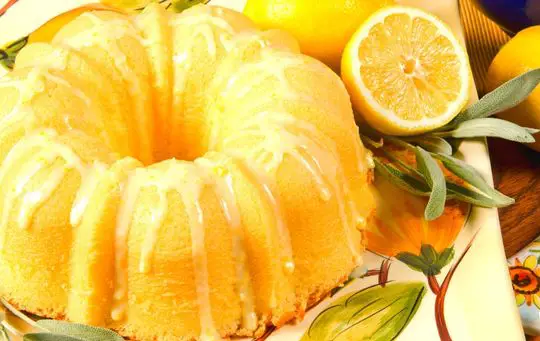
Adding a Bit of Tanginess to the Cheesecake
Finally, lemon is often added to cheesecake to add a bit of tanginess to the final product.
While cheesecake is traditionally a sweet dessert, the addition of lemon can add a touch of tartness that helps to balance out the sweetness.
This can make the cheesecake taste more well-rounded and complex, rather than overly sweet.
Using Lemon Zest in Cheesecake Recipes
In addition to using lemon juice in cheesecake recipes, lemon zest is also a common ingredient.
Lemon zest is the outer layer of the lemon peel, and it contains a high concentration of essential oils that give lemon its distinctive flavor and aroma.
When used in cheesecake recipes, lemon zest can add even more flavor and aroma to the final product.
To use lemon zest in a cheesecake recipe, you will need a lemon zester or a fine grater.
Simply run the lemon zester or grater over the outer layer of the lemon peel to remove the zest, being sure to avoid the bitter white pith underneath.
Once you have removed the zest, you can mix it into the cheesecake mixture or sprinkle it over the top of the cheesecake before baking.
Lemon zest can add a subtle yet distinct flavor to cheesecake, and it is often used in combination with lemon juice to give the dessert a more pronounced citrus flavor.
However, it is important to use lemon zest sparingly, as a little goes a long way and you don’t want the flavor to become too overpowering.
Conclusion:
In conclusion, there are many reasons why lemon is often added to cheesecake. Whether using the juice or the zest, this citrus fruit can help to balance out the flavors, add moisture to the final product, enhance the aroma and flavor, and add a bit of tanginess to the dessert.
By understanding the role that lemon plays in cheesecake recipes, you can better understand how to incorporate this ingredient into your own desserts and create delicious and satisfying treats.
People Also Ask
What Can I Use Instead of Lemon Juice in Cheesecake?
You can substitute other citrus juices like lime or orange juice, or use alternatives like vinegar or cream of tartar for acidity in cheesecake recipes.
What Is the Purpose of Lemon Juice in Baking?
Lemon juice serves as an acid that interacts with baking soda or baking powder to create leavening, which helps baked goods rise and become lighter in texture.
What Gives Cheesecake Its Tangy Flavor?
The tangy flavor in cheesecake primarily comes from the cream cheese, which is a mildly tangy dairy product, and any added lemon juice or sour cream used in the recipe.
What Makes Cheesecake Taste So Good?
Cheesecake’s deliciousness is attributed to its rich and creamy texture, the sweet and slightly tangy flavor profile, and the combination of ingredients like cream cheese, sugar, and various flavorings, creating a decadent dessert.


